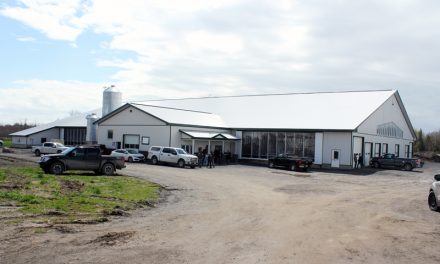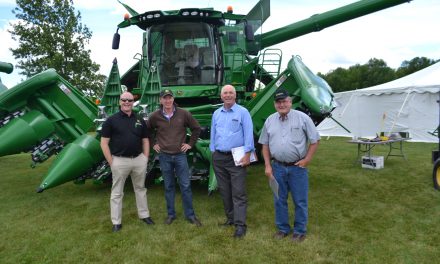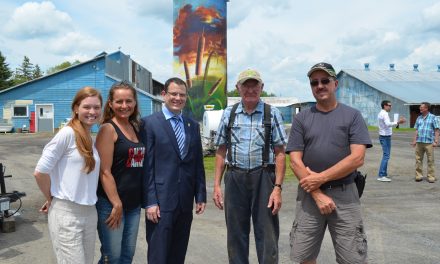By Donald R. Good, P.Ag.
AgriNews Staff Writer
On Jan. 15, the Saskatchewan Court of Appeal issued its decision in the farm case of Wenkoff vs. Wenkoff Estate. The case has important considerations across Canada and once again sets out why having a Will is so important.
Robert Wenkoff was a lifelong farmer who farmed near Major, Saskatchewan. Major is a small village near the Alberta border. He died intestate. Robert John Wenkoff his son, claimed to have worked on the farm with his dad and in return his dad had agreed to transfer the farm to him. In an all too common situation the proposed agreement, which set out all required elements of an agreement, had been drafted by a lawyer but never signed before dad died. When the Estate refused to honour the agreement, the son sued his father’s estate asking for a declaration that the agreement was effective and enforceable. He also sought an order for specific performance obliging the Estate to perform the terms of the agreement. It seems everyone recognized that dad did not have a Will but dad died before that could be rectified.
It would appear from the evidence set out by the original motion judge and relied on by the Court of Appeal that the failure to complete the signing of the agreement was fatal to the son’s claim. The agreement was conditional on the dad obtaining independent legal advice and the son was blamed for this not happening. From the affidavit evidence it certainly appears the father wanted the farm to stay in the Wenkoff family name. That could still happen if the son purchased the farm from the Estate, however, that purchase would likely have to be a fair market value. If the father really wanted his son to have a break in obtaining the farm that was not going to happen. The Estate would be divided out between the five daughters and the son according to Saskatchewan intestacy laws.
The Court of Appeal determined that partial legal costs should come out of the Estate. Hence all siblings shared the costs involved of the original motion judge and the Court of Appeal proceedings. The amount is not stated but the total cost was likely substantial. These costs and the trauma of court proceedings on families could have been avoided with a properly drafted Will. If that had been done the father’s intentions with respect to the agreement and his wishes with respect to the farm would have been set out in his Will. The cost of preparing a Will would have been a fraction of the litigation costs incurred by this family. This situation is all too familiar to me. Over my 40 years of providing legal services to the farm community across Ontario, many times I experienced farm families in crisis over the lack of proper estate planning. I can remember sitting up until late into the night with a farm family agonizing over the sudden marriage breakdown of his parents and its potential impact on the farm operation. It took hours to get through the anger before we could get down to details. They went up a flight of stairs to bed and I still had a three-hour drive back to Ottawa. The money eventually spent on legal fees by all parties was not a wise investment.
Please if you are a farmer in Ontario and you do not have a Will, get one as quickly as possible. Depending on the complexity of your farm operation make sure the lawyer drafting your Will understands the special circumstances of operating a farm. The situation where one sibling gravitates to the farm and the other siblings move off the farm to make their futures is common and requires very particular drafting to make sure everyone is treated as fairly as possible. A poorly drafted Will can cause as much damage as no Will at all. I do not recommend doing it yourself will kits, particularly for farmers.
One final point. Reviewing the evidence set out by the original judge it would appear the son worked for several years on the farm during the period of time the father’s health was deteriorating. It is not clear what compensation he received. I was very surprised that in the alternative to trying to enforce the unsigned agreement the son did not claim a constructive trust. It is quite common in these cases to do so. A constructive trust situation occurs when son (or daughter) works with his dad for a number of years at low pay with the promise of receiving the farm as compensation. Then he does not get the farm. Since constructive trust wasn’t claimed, maybe there was a reason for not doing so and hence the evidence was not presented to the court. Constructive trusts can be difficult to prove and again to avoid the legal costs a properly prepared Will is the solution.













